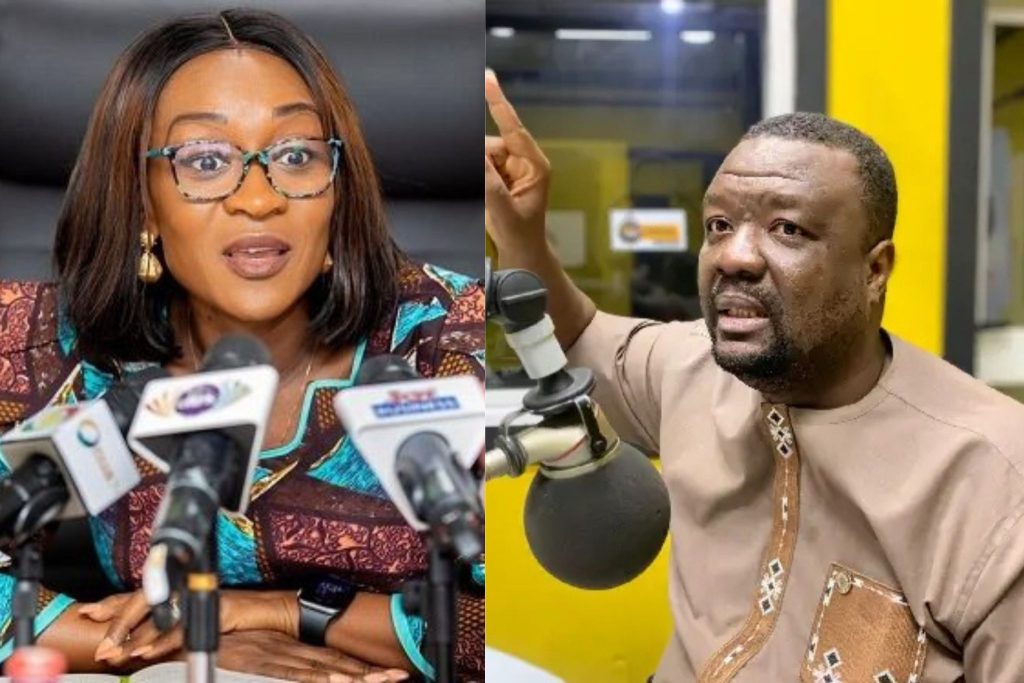A heated exchange broke out at the Public Accounts Committee (PAC) sitting on Tuesday when the Chairperson, Abena Osei Asare, pressed the Chief Executive of the Driver and Vehicle Licensing Authority (DVLA), Julius Neequaye Kotey, over the security and privacy implications of upcoming digital number plates.
The DVLA has proposed the introduction of plates embedded with Radio Frequency Identification (RFID) chips to curb counterfeiting and improve tracking.
But the PAC Chair demanded clarity on what personal information would be visible on the plates, specifically asking whether vehicle owners’ surnames would appear.
Mr. Kotey initially responded that the DVLA would follow the Data Protection Act and that “the new system will digitalise existing information without changing the basic format.”
Unsatisfied, the Chair pushed further:
“You are doing it. You should be able to tell us what the law says. I’m asking a specific question: is it going to have the user’s surname?”
The DVLA boss replied that names are not placed on standard license plates, prompting a sharp rebuttal from the Chair, who noted that personalized plates with names already exist in Ghana.
“People pay to have their names on number plates, and you sit here as the DVLA boss to tell me you don’t put names on number plates?”
The tension escalated when Mr. Kotey remarked that the Chair’s question appeared “unwarranted” — a comment he later withdrew after objections from the Committee.
He clarified that while custom plates may contain names, the upcoming digitised plates will not display personal identity details publicly, and any data embedded in the RFID chip will be secured and accessible only to authorised agencies.
The PAC Chair stressed that Parliament’s concern is ensuring transparency and protecting citizens’ privacy as the DVLA transitions to the new technology.
The DVLA is expected to roll out the enhanced plates after final Cabinet approval and stakeholder consultations.

